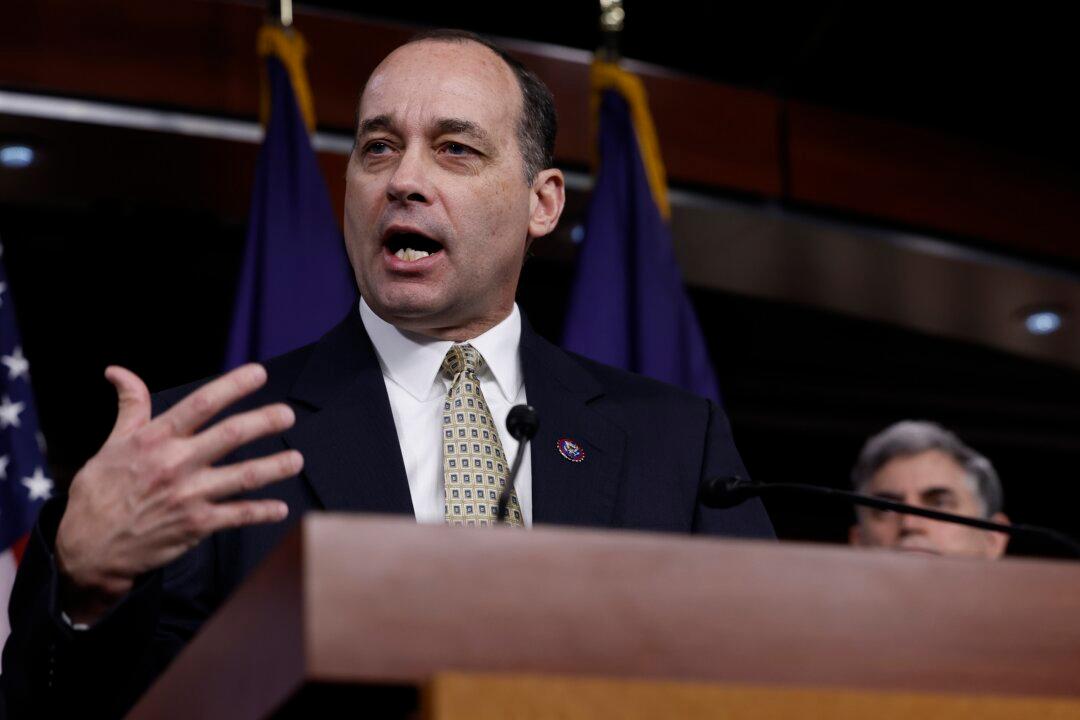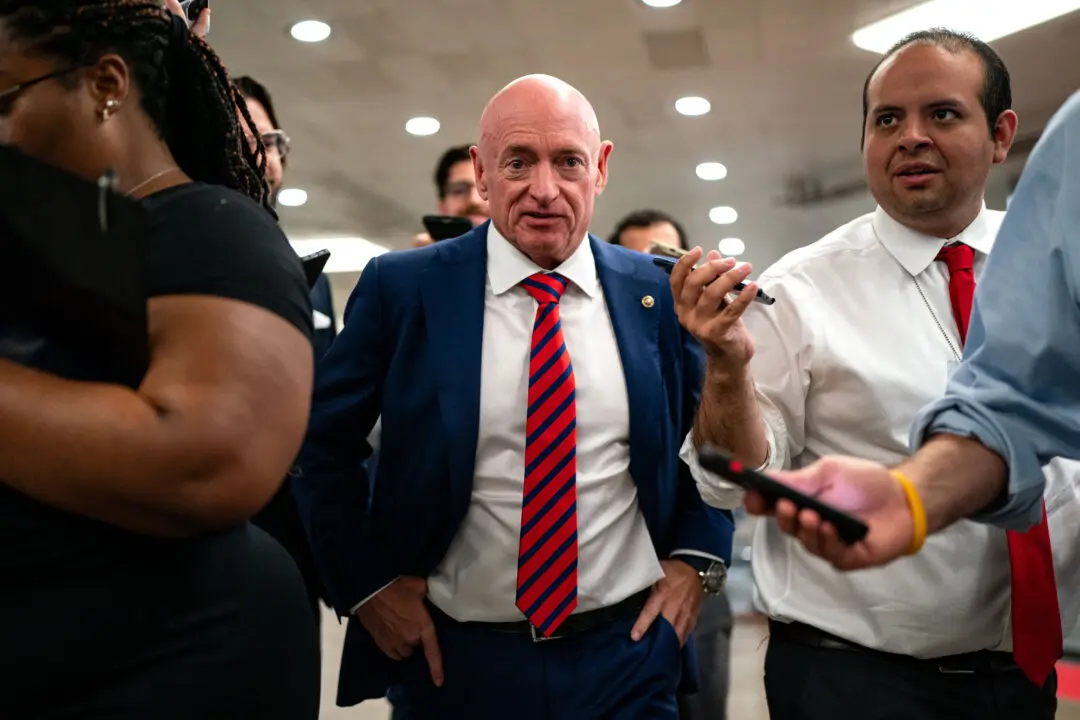While the U.S. economy is continuing to add new jobs, Congressman Bob Good (R-Va.) sees warning signs for the economy going forward.
On Friday, the U.S. Labor Department reported that the United States added 253,000 jobs in April, beating a 180,000-job forecast for the month. This comes at the same time the U.S. Federal Reserve continues to raise interest rates in hopes of slowing inflation.





